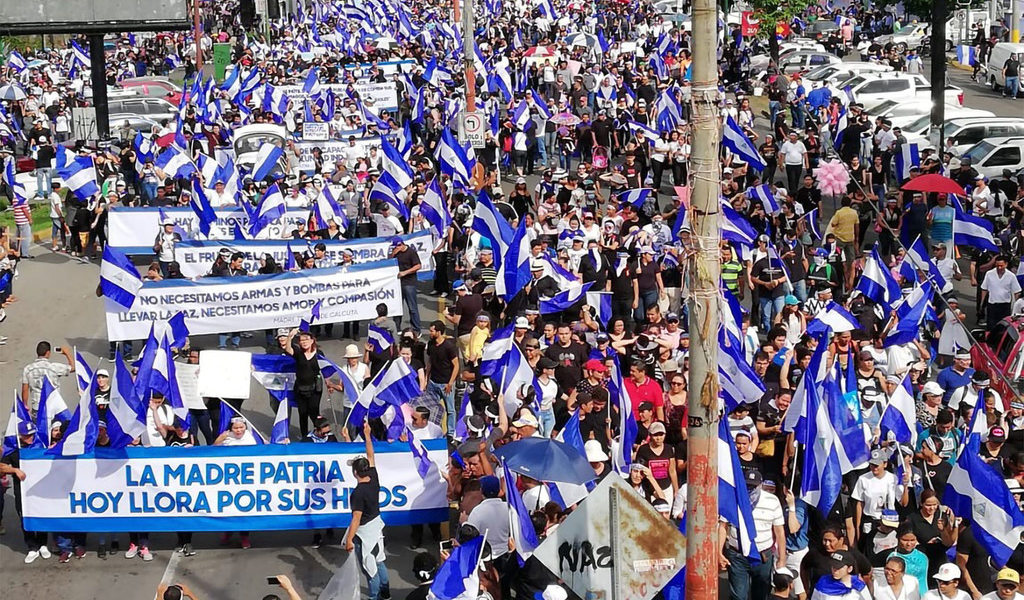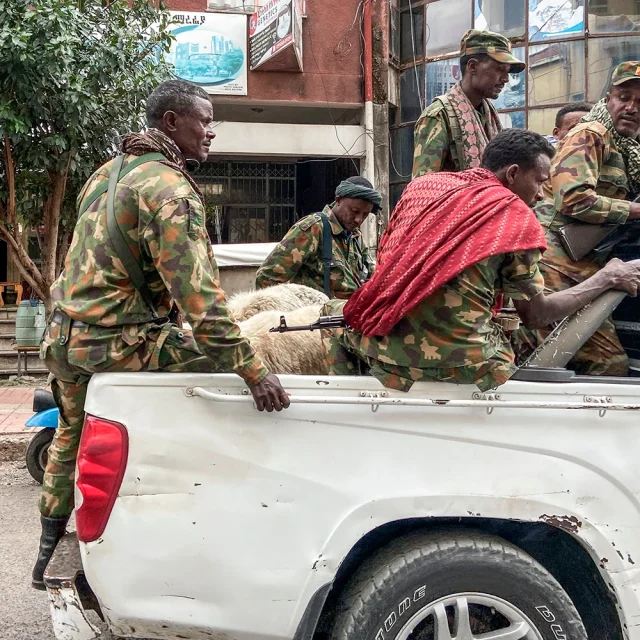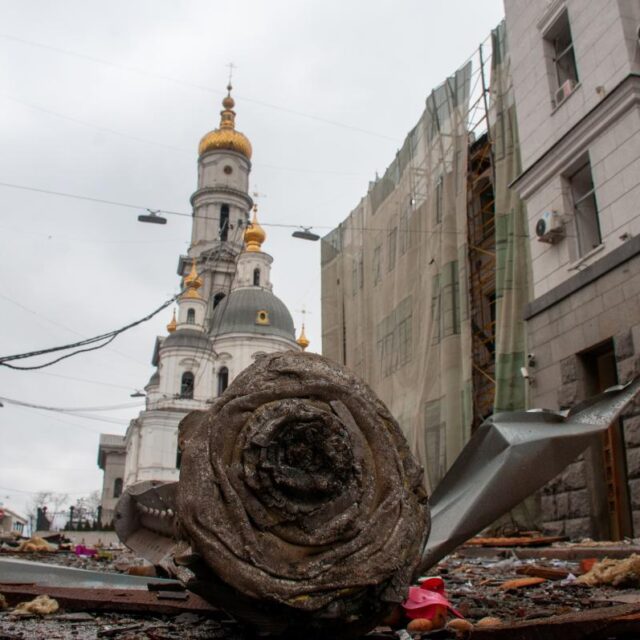Over the past months, no tangible advances have been made on democracy and human rights in Nicaragua. Repression by security forces and pro-government armed groups of political opponents, demonstrators, journalists, civil society organisations and members of the Catholic Church has continued.
In light of this, the Council decided today to include six persons in the list of natural and legal persons, entities and bodies subject to restrictive measures, namely a travel ban and asset freeze. These measures target individuals responsible for serious human rights violations in Nicaragua and are designed not to harm the Nicaraguan population.
The measures follow the EU’s consistent position that it will use all its instruments to support a democratic peaceful and negotiated solution to the political crisis in Nicaragua. This was notably outlined in the framework for targeted restrictive measures adopted by the Council on 14 October 2019.
The EU expects the Government of Nicaragua to abide in their entirety by the commitments made in the March 2019 agreements with the opposition. There are three main areas in which tangible progress needs to be made:
- The implementation in full of the 29 March 2019 agreements to strengthen civil and political rights and guarantees, including the reestablishment of political freedoms and the legal status of banned civil society organisations, the voluntary and safe return of exiles and the release of the remaining political prisoners. This also means the dropping of charges against released political prisoners, stopping the harassment and intimidation of them and their families and guaranteeing their safety and physical integrity.
- Full cooperation with, and the return of international human rights bodies to Nicaragua, including the Office of the High Commissioner for Human Rights (OHCHR) and the Inter-American Commission on Human Rights (IACHR)
- Third, an agreement on electoral and institutional reforms between the government and the opposition groups, including the National Coalition, aimed at guaranteeing credible, inclusive and transparent elections. In this sense we consider that the recommendations of the 2011 EU Electoral Observation Mission are still valid and constitute an important framework of reference. Those recommendations include reforms such as the appointment of new members of the Supreme Electoral Council and related electoral bodies, the voter registry, the publication and tabulation of results or the accreditation of national and international observers, among others.
The EU recalls that the COVID-19 pandemic reinforces the need for international cooperation and the EU is ready to assist Nicaragua in these difficult times. In this challenging period, the compliance with human rights should not be forgotten and must be at the core of any action.
The EU reaffirms its commitment to support the Nicaraguan people, including by helping strengthening the rule of law and supporting economic and social development for the most vulnerable.




